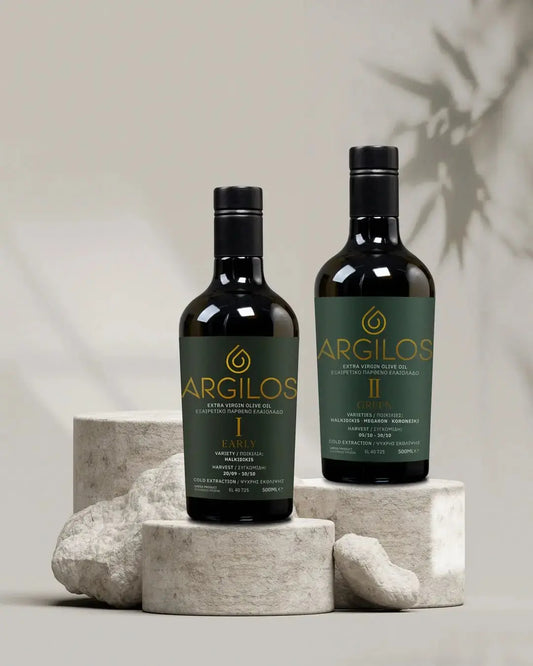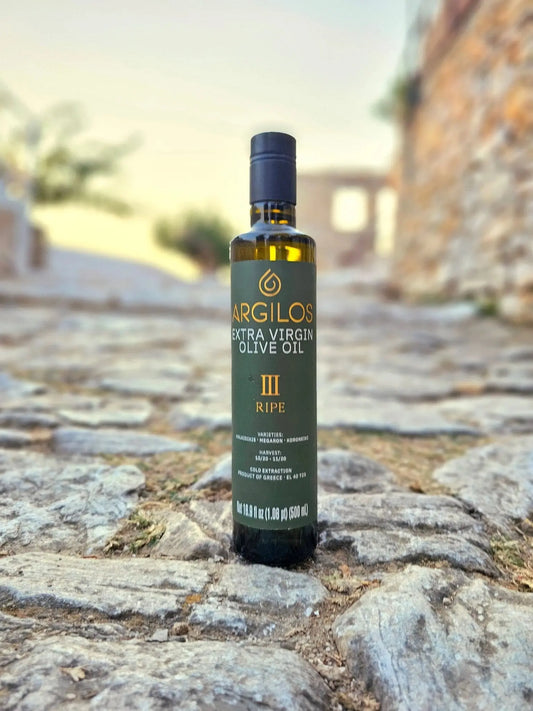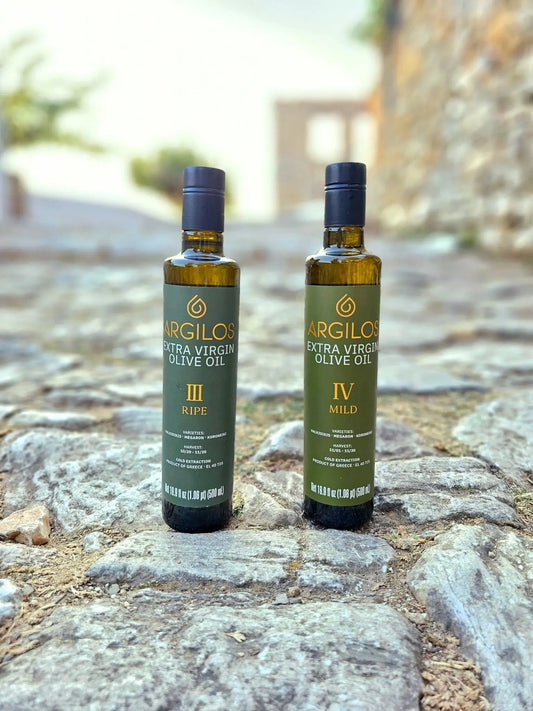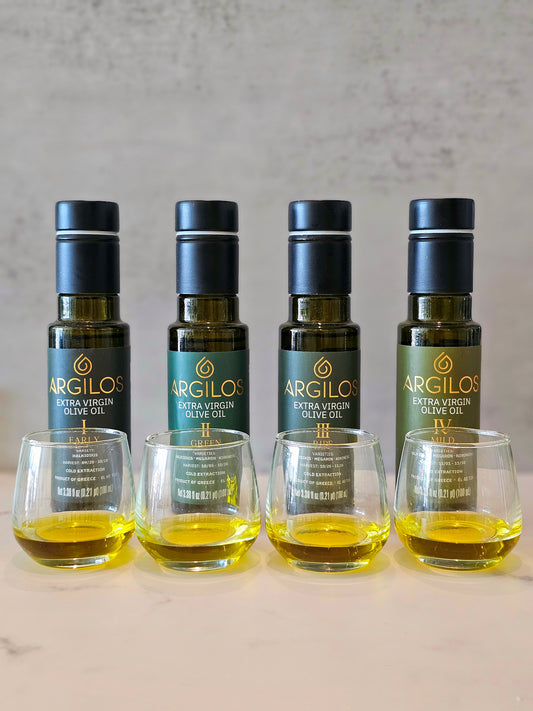The Role of Olive Oil in Anti-Inflammatory Diets
Share

Olive oil plays a vital role in anti-inflammatory diets, offering powerful health benefits through its rich content of monounsaturated fats and antioxidants, especially polyphenols. Such compounds help reduce inflammation by neutralizing harmful free radicals and lowering inflammatory markers in the body.
The regular consumption of olive oil supports heart health, improves joint function, and may protect against chronic diseases, making it a cornerstone of these kinds of eating patterns. What else are there to know about the olive oil health benefits for the consumers of these anti-inflammatory diets?
Let’s embark on this journey taking a look at the olive oil anti-inflammatory benefits for the food lover.
Olive Oil: An Introduction
To start with, olive oil pertains to a natural fat extracted from the fruit of olive trees, primarily through pressing or cold-extraction methods. It is widely used in cooking, cosmetics, and traditional medicine. Rich in monounsaturated fats, vitamins E and K, and powerful antioxidants, olive oil is prized for its health benefits, particularly for heart and anti-inflammatory health. Its flavor ranges from mild to robust, depending on processing and olive variety.
Here’s a closer look at some of the best health benefits of olive oil:
- Rich in healthy monounsaturated fats
- Abundant in large portions of antioxidants
- May help prevent the onset of stroke
- Protective versus heart diseases
- Promotes weight loss
- May fight against memory deficiency
- Effective against diabetes
- Loaded with anti-cancer properties
- Can help treat the worst forms of arthritis
- Known for its anti-bacterial power
- Has strong anti-inflammatory benefits
Anti-Inflammatory Diets: Benefits and Risks
Anti-inflammatory diets focus on foods that help reduce chronic inflammation, such as fruits, vegetables, whole grains, legumes, nuts, fatty fish, and healthy oils like olive oil.
As previewed above, these diets are linked to numerous benefits, including improved heart health, enhanced immunity, reduced risk of type 2 diabetes, and potential protection against certain cancers and neurodegenerative diseases.
A research published on Frontiers revealed that natural products, some of which with anti-inflammatory components, are effective in addressing or curing neurodegenerative diseases
However, there are potential risks taking anti-inflammatory diets are not planned carefully. Strictly avoiding entire food groups may lead to nutritional deficiencies, especially if protein or essential micronutrients are limited.
Also, some individuals might experience digestive issues when drastically increasing fiber intake. In addition, assuming all “anti-inflammatory” foods are healthy can lead to excessive calorie consumption.
For the best results, an anti-inflammatory diet should be balanced, varied, and tailored to individual needs, ideally under the guidance of a healthcare professional or registered dietitian.

How About How Olive Oil Works for Anti-Inflammatory Diets?
Why look further when the most effective anti-inflammatory solution could just be in your kitchen? Yes, the olive oil.
Your olive oil supports anti-inflammatory diets by providing healthy monounsaturated fats and powerful antioxidants, particularly polyphenols like oleocanthal. These compounds help reduce inflammation by inhibiting enzymes (COX-1 and COX-2) involved in producing pro-inflammatory chemicals in the body, similar to the action of mild anti-inflammatory drugs.
Furthermore, olive oil also protects cells from oxidative stress, lowers inflammatory markers in the blood, and improves endothelial function, which benefits heart health. Regular inclusion in meals, especially extra virgin olive oil, can help reduce chronic inflammation, supporting overall wellness and preventing inflammation-related diseases when combined with other anti-inflammatory foods.
Conclusion
Olive oil is the cornerstone of anti-inflammatory diets, offering both protective and healing benefits through its rich profile of healthy fats and antioxidants. By reducing inflammation, combating oxidative stress, and supporting heart and cellular health, it contributes to overall well-being and disease prevention.
Adding extra virgin olive oil into your daily meals is e a simple yet powerful step toward maintaining long-term health, especially when paired with other nutrient-dense, anti-inflammatory foods for a balanced dietary approach. Seek the best from our store.
Frequently Asked Questions
How does the Mediterranean diet for inflammation benefit overall health?
It reduces chronic inflammation, lowers disease risk, and supports heart health through nutrient-rich, anti-inflammatory foods.
What do polyphenols in olive oil do for the body?
They fight oxidative stress, reduce inflammation, and protect cells from damage, promoting long-term overall health.
How do omega-3 vs olive oil benefits compare in reducing inflammation?
Omega-3 reduces inflammation directly, while olive oil’s antioxidants and monounsaturated fats provide complementary anti-inflammatory effects.












